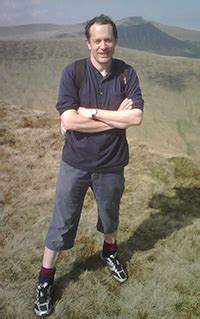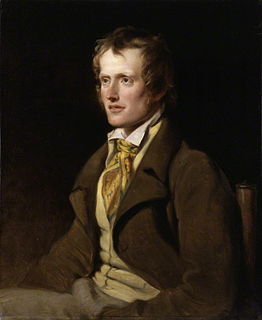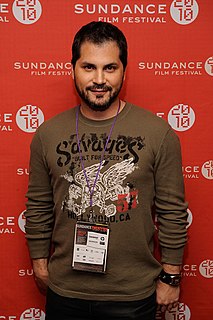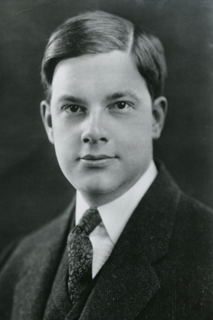A Quote by Tim Fulford
John Clare, in his poem To a Fallen Elm, makes the tree a selfmark as well as a landmark.
Related Quotes
The hardest lesson is Clare’s solitude. Sometimes I come home and Clare seems kind of irritated; I’ve interrupted some train of thought, broken into the dreary silence of her day. Sometimes I see an expression on Clare’s face that is like a closed door. She has gone inside the room of her mind and is sitting there knitting or something. I’ve discovered that Clare likes to be alone. But when I return from time traveling she is always relieved to see me.
Sometimes I come across a tree which seems like Buddha or Jesus: loving, compassionate, still, unambitious, enlightened, in eternal meditation, giving pleasure to a pilgrim, shade to a cow, berries to a bird, beauty to its surroundings, health to its neighbors, branches for the fire, leaves for the soil, asking nothing in return, in total harmony with the wind and the rain. How much can I learn from a tree? The tree is my church, the tree is my temple, the tree is my mantra, the tree is my poem and my prayer.
A successful poem says what a poet wants to say, and more, with particular finality. The remarks he makes about his poems are incidental when the poem is good, or embarrassing or absurd when it is bad and he is not permitted to say how the good poem is good, and may never know how the bad poem is bad. It is better to write about other people's poetry.
Halfway down a by-street of one of our New England towns stands a rusty wooden house, with seven acutely peaked gables, facing towards various points of the compass, and a huge, clustered chimney in the midst. The street is Pyncheon Street; the house is the old Pyncheon House; and an elm-tree, of wide circumference, rooted before the door, is familiar to every town-born child by the title of the Pyncheon Elm.
I think that I shall never see A poem lovely as a tree. A tree whose hungry mouth is pressed Against the earth's sweet flowing breast; A tree that looks at God all day And lifts her leafy arms to pray; A tree that may in summer wear A nest of robins in her hair; Upon whose bosom snow has lain; Who intimately lives with rain. Poems are made by fools like me, But only God can make a tree.

































